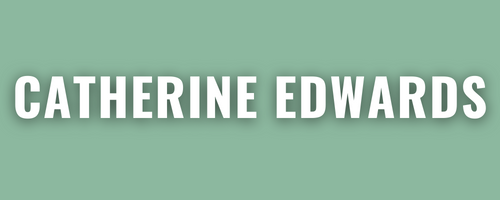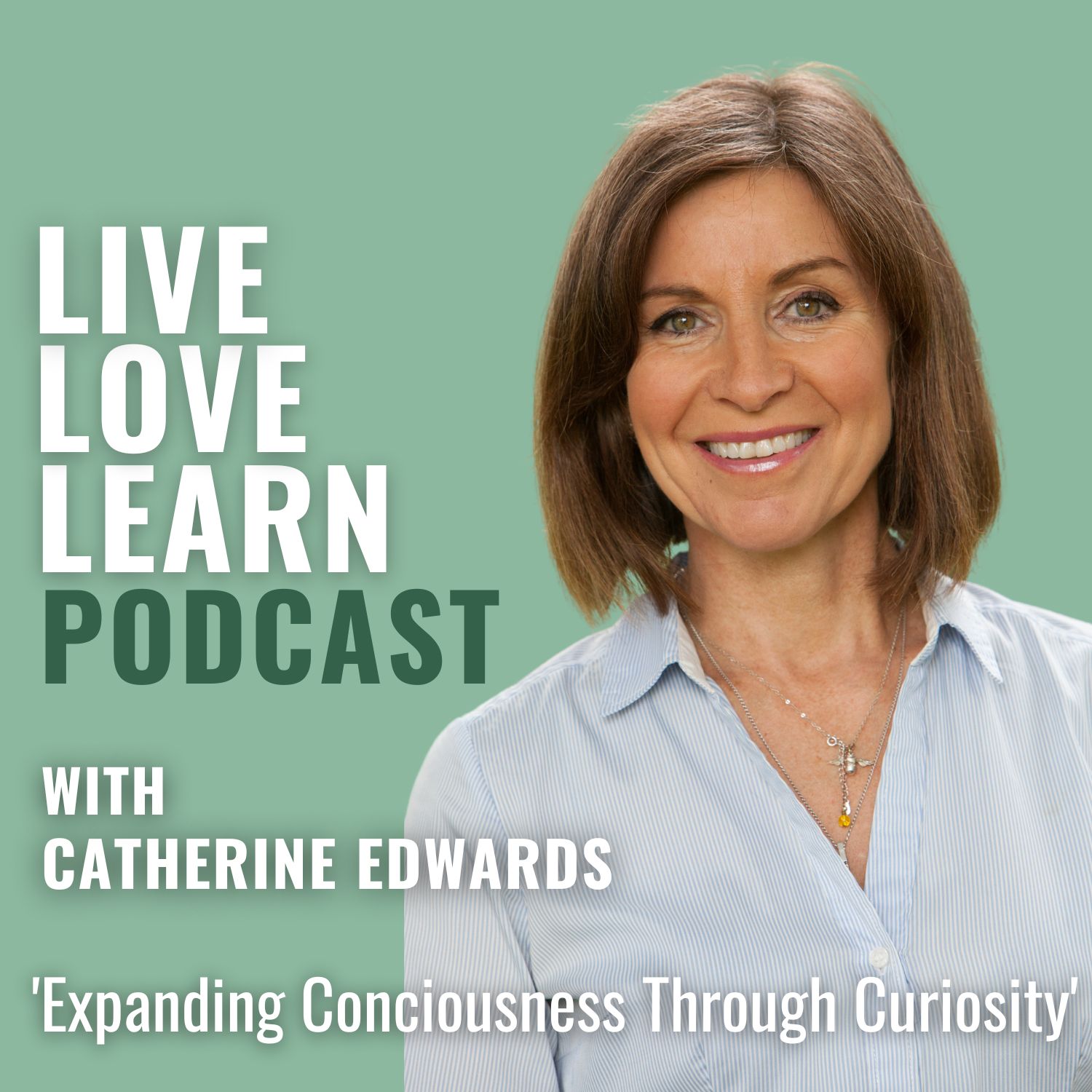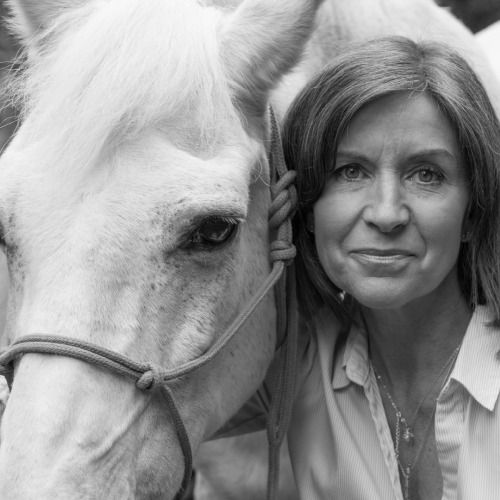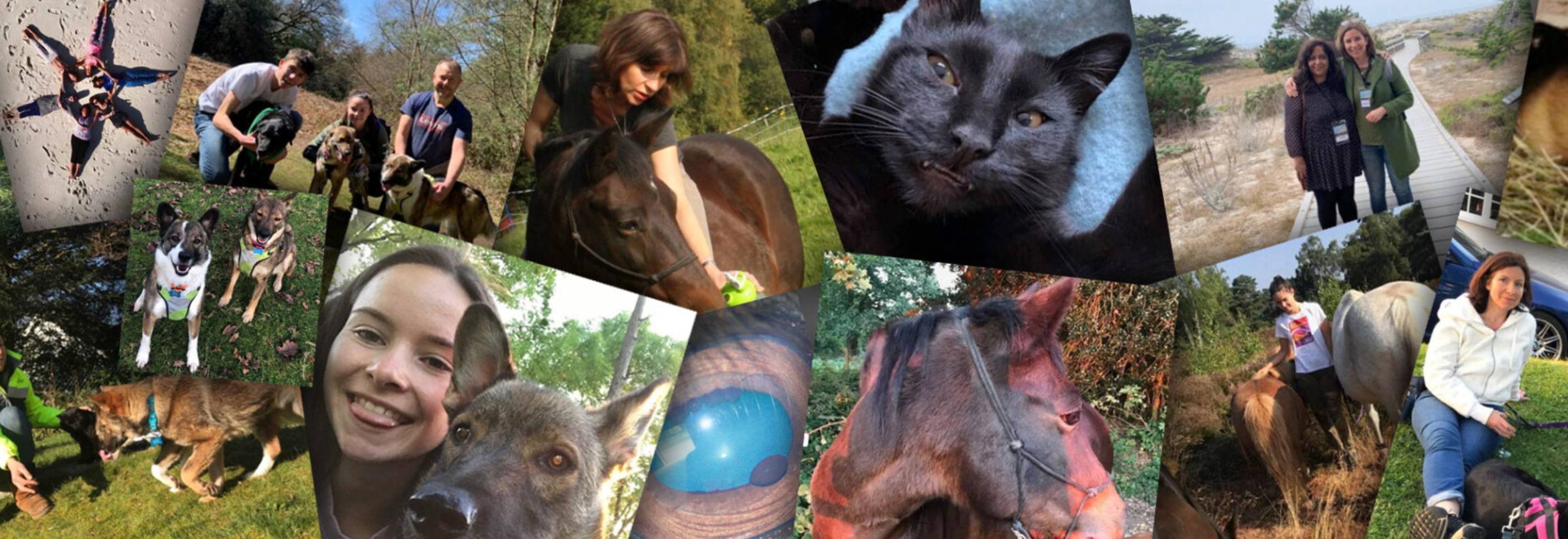bonus
Bitesize: Plant-based protein and calcium with Jeffrey Boadi
In this short bitesize clip, Catherine chats with Jeffrey Boadi to discuss if it's possible to get enough calcium and protein through a completely plant-based diet.
Find out more vegan and plant-based diet myths in the full episode with Catherine and Jeffrey: #17 Mythbusting: Vegan vs. Plant-Based with Jeffrey Boadi.
Episode Guest:
2017 was a major shift for Jeffrey in terms of shifting his eating pattern to one that solely prioritised plants.
Now it wasn’t all plain sailing - it was rewiring everything he knew about health and nutrition. But it wasn’t long before he started getting the hang of it and optimising it for health and performance, as well as enhancing his skills in the kitchen.
He soon got to a point where he was building a solid understanding of plant-based nutrition and it’s benefits for our physiology, and began sharing nutritious and delicious recipes on his Twitter and Instagram accounts, which began getting positive feedback from an ever-growing community.
And thus The Wealth of Health was born - a space where layers could be added to the journey he was on and show people that plant-based living is the way forward for many.
Plant-based nutrition is a true passion for Jeffrey, and he wants this space to be somewhere you can learn and leave with greater understanding of how adding more plants to your plate can benefit you - and those around you.
Connect with Jeffrey
--
Follow me on social media:
Podcast editing and production by Momiji Media
Disclaimer: The purpose of this podcast is to keep curious and keep free. The opinions of the guests do not necessarily represent the opinions of the host and vice versa - exploring different opinions is key to growth. The content in this podcast and on this website is not intended to be a substitute for professional medical or veterinary advice, diagnosis, or treatment. Always seek the advice of your doctor or other qualified healthcare professional with any questions you may have regarding a medical condition. Never disregard professional medical or veterinary advice because of something you have heard on my podcast or website.
Transcript
So protein,
Speaker:you can only get it from meat.
Speaker:Bash that one for us, please.
Speaker:Well, I completely understand it.
Speaker:I remember someone had mentioned to
Speaker:me that they
Speaker:were going to be going vegan for a
Speaker:bit, and my first instinct was to be
Speaker:like, Oh, there's no way I could do
Speaker:that. I'm going to...
Speaker:I thought I was like, I literally
Speaker:thought I would wilt away.
Speaker:Like the image in my mind came and I
Speaker:thought I would literally wilt away
Speaker:because I felt like I needed to eat
Speaker:animal muscle to get protein.
Speaker:So I completely get it.
Speaker:It's a it's been a very
Speaker:pervasive thing...
Speaker:And this is not to say that animal
Speaker:protein isn't a good quality
Speaker:protein. Of course it is.
Speaker:Because, you know, we we see people
Speaker:who eat animal protein who are in
Speaker:very good shape. Who are able to
Speaker:build quality muscle.
Speaker:But that's not the
Speaker:only way, the only place you can get
Speaker:your protein from. And again, these
Speaker:are- all these foods that I'm eating
Speaker:for protein now, I
Speaker:didn't even consider them whatsoever
Speaker:because they weren't on my radar, no
Speaker:one had mentioned them to me.
Speaker:So, like, the organic non-GMO tofu
Speaker:and tempes of this world,
Speaker:you've got your beans, different
Speaker:types of beans, you got your
Speaker:lentils, your chickpeas,
Speaker:you know, edamame...
Speaker:There's like so many different ways
Speaker:to get plant protein.
Speaker:And yes, of course, there is a
Speaker:consideration where if you're just
Speaker:eating one source of plant protein
Speaker:all day, for example, if you're
Speaker:eating black beans all day...
Speaker:The potential likelihood is that
Speaker:you're going to maybe be lower in
Speaker:certain of the essential amino
Speaker:acids. So what you need to do is get
Speaker:a wide variety of plant protein
Speaker:in across the entire day.
Speaker:So, for example, if I was to, you
Speaker:know, outline the day of eating for
Speaker:me, it would maybe look like some
Speaker:protein oats or put some protein
Speaker:powder on my oats, add some hemp
Speaker:seeds, which is a decent source of
Speaker:protein as well, and then some
Speaker:berries and nuts and other seeds.
Speaker:Then lunch time might go for like
Speaker:a lentil bolognaise with, you know,
Speaker:chickpea pasta or something like
Speaker:that. So you've got protein in the
Speaker:chickpea pasta and that's another
Speaker:and another really interesting one,
Speaker:sort of legume pastas.
Speaker:So like chickpea pasta, lentil
Speaker:pasta, green pea pasta,
Speaker:they've got like, 24 grams of
Speaker:protein per 100 grams, whereas
Speaker:normal wheat protein, it's got maybe
Speaker:12. So that's an easy way to bump
Speaker:up your protein.
Speaker:And then for dinner, I could do some
Speaker:kind of bowl where I could have, you
Speaker:know, maybe some black beans, some
Speaker:organic tofu, you know, maybe some
Speaker:quinoa or buckwheat or something
Speaker:like that. Maybe some broccoli
Speaker:sprouts, avocado, hummus.
Speaker:And that's easily, you know, easy
Speaker:another 40, 50 grams of protein in
Speaker:one meal. So, you know, it's easy
Speaker:for me. I get around
Speaker:maybe 140 grams of protein
Speaker:a day quite easily.
Speaker:I maybe was eating too much back in
Speaker:the day.
Speaker:And what's interesting is that when
Speaker:I went plant based, I think I was
Speaker:around 83,
Speaker:84 kilograms.
Speaker:I'm now 95, so I've clearly
Speaker:had no problems with putting on lean
Speaker:muscle over the years.
Speaker:So yeah, again, it just takes
Speaker:a bit of understanding and a bit of,
Speaker:you know, clarity on, on how
Speaker:to optimise your protein intake
Speaker:in terms of like amino acids and
Speaker:things like that. But yeah, I mean
Speaker:it's definitely something that
Speaker:should be, should
Speaker:have been debunked a long time ago,
Speaker:I would have thought. But I guess
Speaker:it's still pervasive in some ways.
Speaker:So much, and also what I find really
Speaker:fascinating is I don't think
Speaker:there's many meat eaters
Speaker:that would have that level of
Speaker:knowledge. I bet you if I'd just
Speaker:been speaking to you when you were
Speaker:eating a normal conventional
Speaker:meat and plant diet, I
Speaker:don't think you'd have been able to
Speaker:answer that question.
Speaker:I don't think you'd have known where
Speaker:a lot of it just comes from meat.
Speaker:But so many people who are
Speaker:on a meat based diet,
Speaker:they don't rotate their protein
Speaker:sources. They don't take care of
Speaker:where it comes from.
Speaker:So I'm not bashing any type of
Speaker:diet. I think everyone's got to
Speaker:choose what's right for them health
Speaker:wise, ethically.
Speaker:Right. The next myth again,
Speaker:I hear this all the time.
Speaker:"You have to have dairy products
Speaker:to get your calcium".
Speaker:Yeah.
Speaker:Again, this is something I
Speaker:understand. But, you know, these are
Speaker:things that we've been taught from
Speaker:such a young age.
Speaker:And again, I...
Speaker:It all comes down to the
Speaker:circumstances. So if someone is
Speaker:living in maybe a low income area,
Speaker:dairy probably is actually the best
Speaker:source of calcium for them because
Speaker:maybe they might not have the
Speaker:ability to go and buy some of the
Speaker:other foods I'm going to mention.
Speaker:But there is plenty of calcium
Speaker:in in plant based foods.
Speaker:You've got calcium set tofu, which
Speaker:is really easy to get a good amount
Speaker:of calcium from dark leafy greens
Speaker:like spinach and kale and Swiss
Speaker:chard, things like that.
Speaker:You've got tahini, you know,
Speaker:calcium fortified plant based milks,
Speaker:right? Or you can make your own
Speaker:plant based milk and put calcified
Speaker:seaweed in there, which is what I do
Speaker:sometimes.
Speaker:So there's so many different options
Speaker:that you can do to get your calcium
Speaker:chickpeas as well, kidney beans.
Speaker:So again, it all comes down to
Speaker:education. This is what it all comes
Speaker:down to. It's not a case of people
Speaker:saying that, you know, dairy
Speaker:is the best source of calcium
Speaker:because they've evaluated
Speaker:everything.
Speaker:They're saying that because that's
Speaker:what they that's what they've been
Speaker:taught from their point of view.
Speaker:I said the exact same thing in 2014,
Speaker:15, 16.
Speaker:So I mean, so I get it, but it's
Speaker:just about widening, widening
Speaker:your perspective and opening
Speaker:yourself up to the fact that, okay,
Speaker:dairy is a good source of calcium,
Speaker:admittedly, but are there
Speaker:other sources of calcium that if you
Speaker:have the options and you have the
Speaker:means that you can potentially gain
Speaker:more health benefit from.
Speaker:So yeah, I think again,
Speaker:it's hard to...
Speaker:Because I was in this position, I
Speaker:wasn't someone who was born vegan
Speaker:because I understand the
Speaker:the education that's been kind of
Speaker:levelled at us for so many years.
Speaker:I completely get why people say
Speaker:the things that they say about
Speaker:nutrition, because I said them once
Speaker:as well. So and that's where it's
Speaker:actually quite important.
Speaker:Just going off topic slightly in
Speaker:terms of how you communicate with
Speaker:people who may be aren't eating
Speaker:the same kind of way as you.
Speaker:You shouldn't be telling them how
Speaker:you should do this or you should do
Speaker:that because they're only speaking
Speaker:from their perspective and their
Speaker:viewpoint and their level of
Speaker:understanding.
Speaker:So in many ways you have to kind of
Speaker:meet them where they're at and have
Speaker:a conversation with them, show
Speaker:them certain things, be an example
Speaker:of how to eat in a certain way, and
Speaker:that's going to give you more value.
Speaker:So yeah, it's a common, common
Speaker:misconception. Common myth about
Speaker:calcium.
Speaker:Yeah, plenty of plant based, plant
Speaker:based sources of calcium out there.
Speaker:I really hope you enjoyed that
Speaker:conversation.
Speaker:And I hope there's at least one
Speaker:thing that you can take away and
Speaker:apply to your own life or to
Speaker:the lives of your animals.
Speaker:Thank you so much for taking the
Speaker:time to listen and if you feel
Speaker:inspired, please do share
Speaker:with your friends and family.
Speaker:My goal is to inspire as many
Speaker:people as I can to live their best
Speaker:lives.
Speaker:To stay curious and to raise
Speaker:their consciousness and
Speaker:that of the collective.
Speaker:So to do this, I need to reach as
Speaker:many people as possible.
Speaker:And this needs your help.
Speaker:If you feel drawn, would you be
Speaker:willing to share your favourite
Speaker:episode with five different people?
Speaker:This helps us spread the word and
Speaker:also helps me encourage some
Speaker:exciting new guests to take part in
Speaker:this podcast.
Speaker:If you feel drawn to do that, I will
Speaker:be very, very grateful.
Speaker:All the links and discount codes
Speaker:were applicable for all the products
Speaker:that I support
Speaker:are on my two websites:
Speaker:CatherineEdwards.Life
Speaker:and CatherineEdwardsAcademy.com.
Speaker:All of the products are personally
Speaker:tried and tested by me,
Speaker:my family and my clients.
Speaker:And finally, please do
Speaker:press the follow or subscribe
Speaker:button, depending which platform
Speaker:you're listening on.
Speaker:And above all, stay curious,



